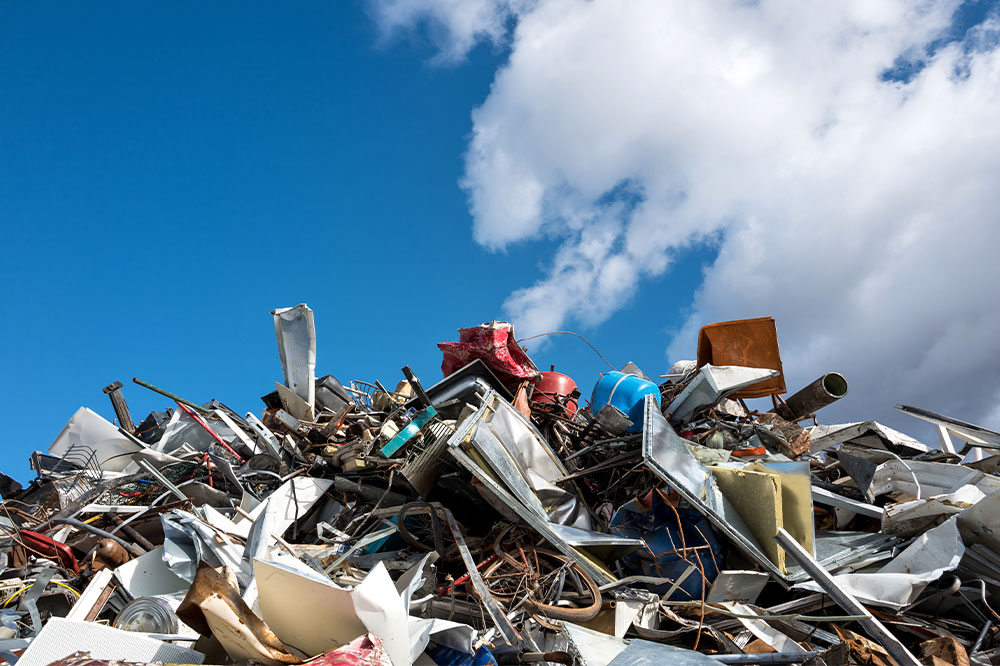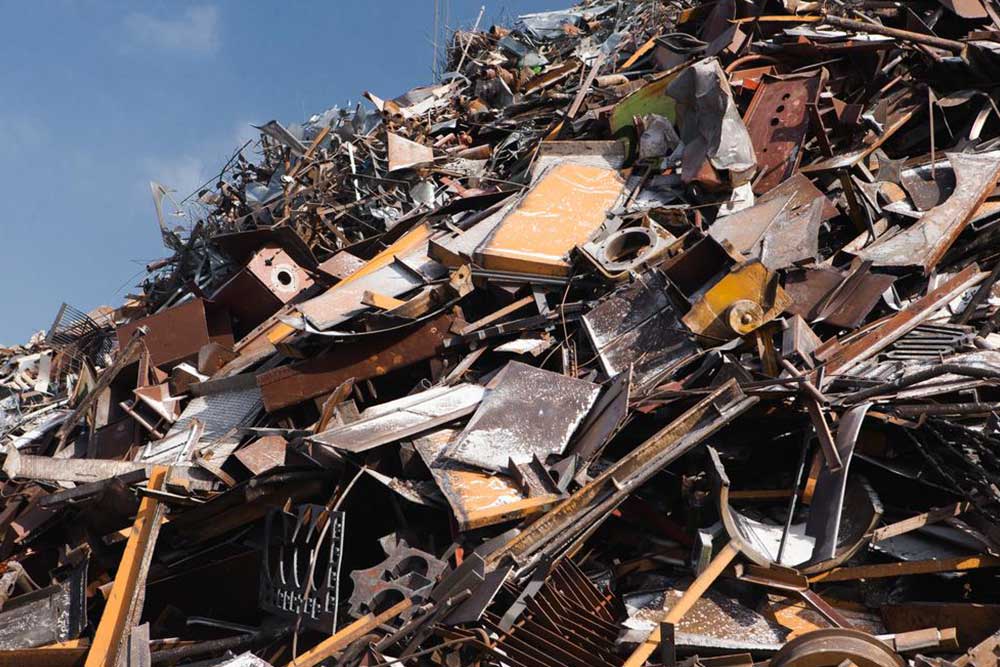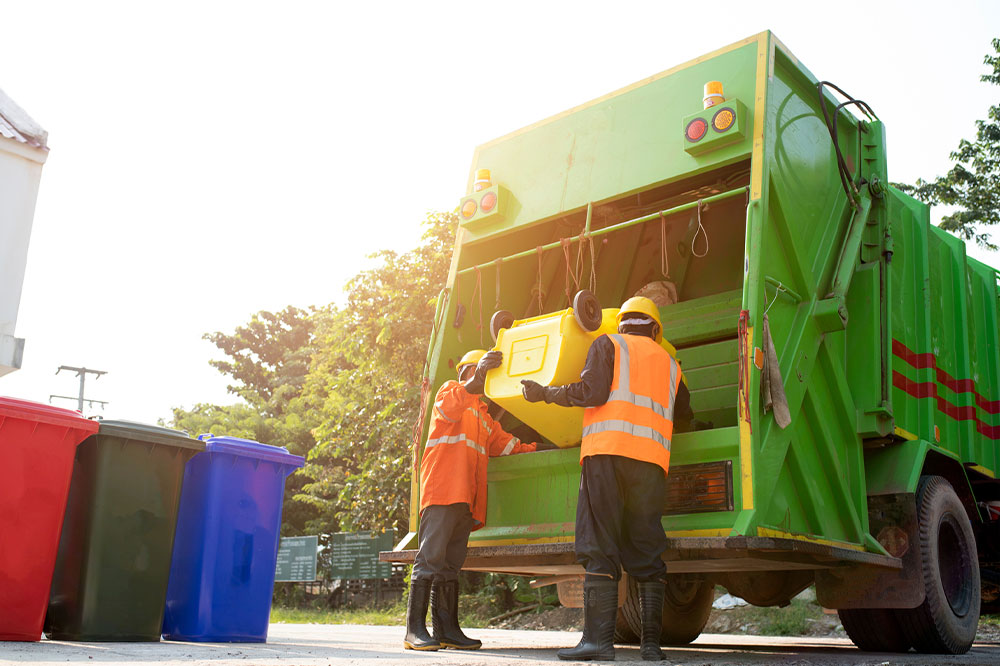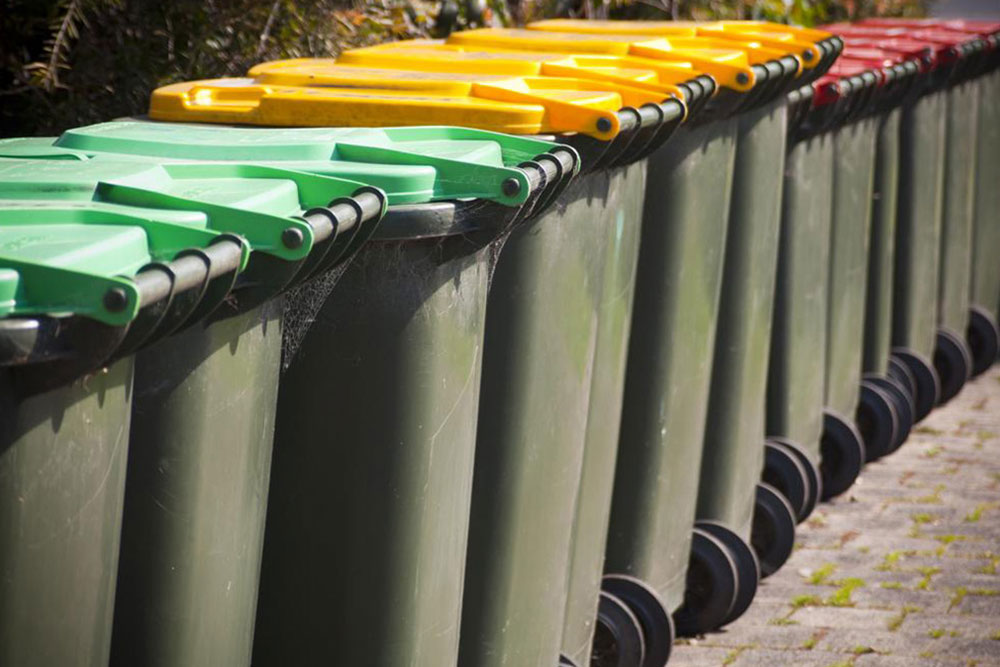Profitable Strategies for Scrap Metal Recycling and Sales
Discover comprehensive strategies to turn scrap metal collection into a profitable business. Learn about sourcing, valuable metals, long-term sustainability, and tips to maximize profits. Perfect for beginners and seasoned recyclers seeking to boost their income sustainably.

Profitable Strategies for Scrap Metal Recycling and Sales
Transforming scrap metal into a lucrative business opportunity can be highly rewarding for entrepreneurs and individuals alike. With the right approach, knowledge of market prices, and strategic sourcing, you can generate a steady income from scrap metal collection and sales. This comprehensive guide aims to provide valuable insights into the entire process— from sourcing materials, understanding different metal types, to building a sustainable operation that maximizes profits while minimizing risks. Whether you're a beginner or an experienced recycler, these tips can help streamline your efforts and enhance your profitability.
Locating Quality Scrap Metal Sources
Your first task in establishing a profitable scrap metal business is sourcing reliable and high-quality materials. Scrap metal can be found in various locations, including old appliances, construction debris, manufacturing waste, and discarded electronics. However, not all scrap is equally valuable—some contain alloys or plastics that significantly diminish their resale value. Electronics, for example, may appear to be just plastic on the surface but often hide valuable metals like copper, gold, and silver in their circuits. Visiting scrap metal yards is a common practice; these facilities purchase scrap based on weight and current market rates. When you bring your materials for sale, they will be weighed accurately, and you'll be compensated accordingly—either by check or electronic transfer. The weighing and payment process can be quick if you have a well-organized load, but larger volumes may take longer to process.
Diverse Metal Types and Their Market Value
Understanding the different types of scrap metals is crucial to maximizing profits. Metals are primarily classified into ferrous and non-ferrous categories. Ferrous metals, which contain iron or steel, are magnetic and usually found in construction materials, old machinery, and vehicles. Although abundant, ferrous metals generally buy at lower prices due to their widespread availability. Non-ferrous metals include aluminum, copper, nickel, zinc, and lead; these are less magnetic and command higher prices because of their rarity and essential uses in electronics, wiring, and manufacturing. For instance, copper is highly sought after for wiring and plumbing, while aluminum is valued for its lightweight properties in packaging and transportation. Additionally, alloys like brass and bronze, composed of copper mixed with other metals, are also valuable and often recovered from electronics and mechanical parts. Recognizing these differences helps you identify high-value scrap and plan your collection strategy effectively.
Is Scrap Metal Collection a Sustainable Income Source?
Relying solely on collecting scrap metal can be lucrative but requires consistent effort and strategic planning. For individuals starting from their own homes, initial collections might include old appliances, discarded electronics, or scrap from renovation projects. While this is a convenient starting point, it's unlikely to sustain long-term profitability due to fluctuating market prices and limited volume. To generate more substantial income, building partnerships with local factories, construction sites, property managers, and businesses that generate metal waste can be highly beneficial. These sources often produce larger loads and can lead to steady supplies. Establishing a reputation as a reliable recycler can open doors to more lucrative deals. Remember, market conditions vary, so staying updated on prices and demand is essential for sustained success.
Strategies for Long-Term Success in Scrap Metal Business
Invest in quality equipment such as a utility trailer with a sliding ramp to facilitate easier loading, unloading, and transport, thereby reducing vehicle strain and operational costs.
Regularly monitor online buy-and-sell platforms and community groups for vehicle scrap, old machinery, or discarded electronics that may contain valuable metals. Networking is key; frequent searches can uncover hidden treasures.
Develop professional relationships with property managers, contractors, and business owners. Present yourself with professionalism and courtesy to become their trusted scrap metal recycler. Consistent communication and reliability often lead to repeat business.
Stay informed about current market prices for different metals by subscribing to industry publications, online resources, and price indices. Accurate knowledge helps you decide when to buy, sell, or hold your inventory.
Invest in proper safety gear and adhere to environmental regulations to ensure ethical and responsible recycling practices. This not only maintains your reputation but also aligns with legal standards.
Embarking on a scrap metal recycling business offers significant earning potential if approached with careful planning, market awareness, and efficient operations. Conduct thorough research before launching, and continually adapt your strategies to market trends to stay competitive and profitable over time.





